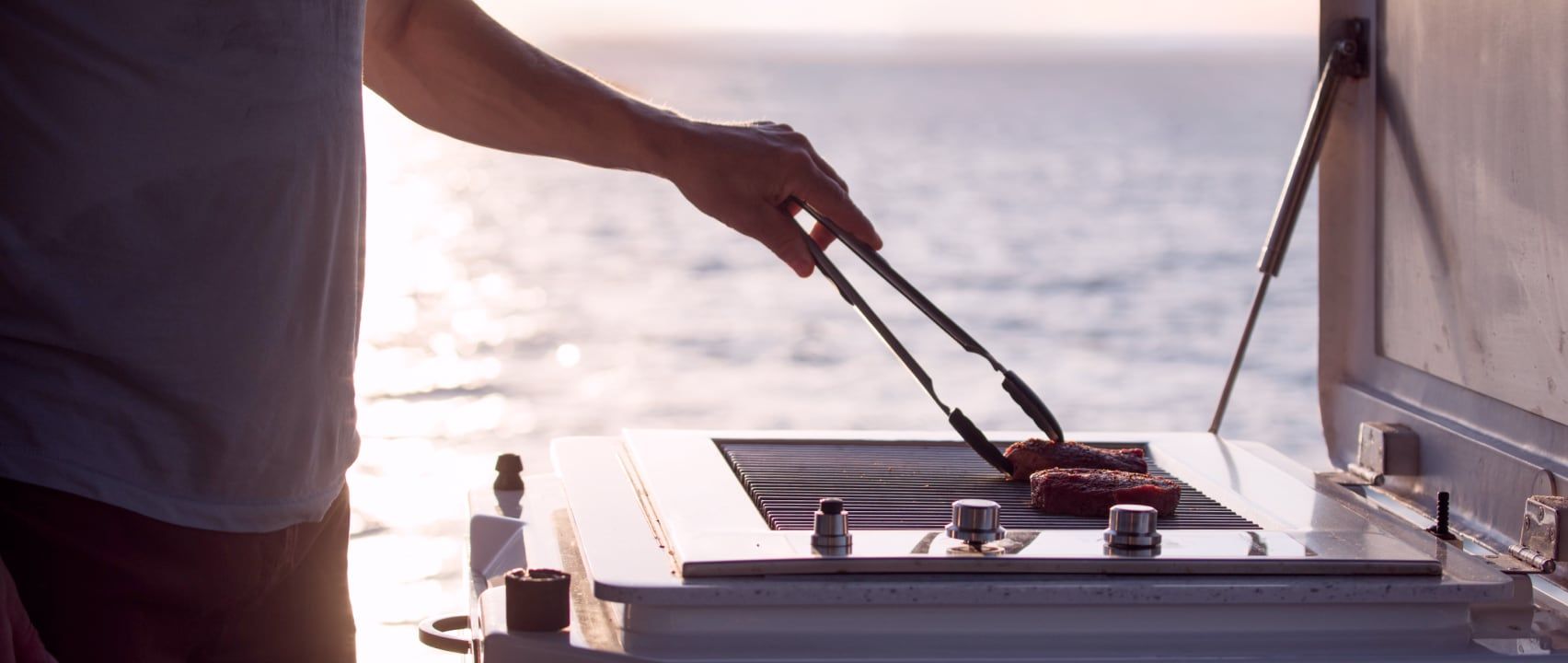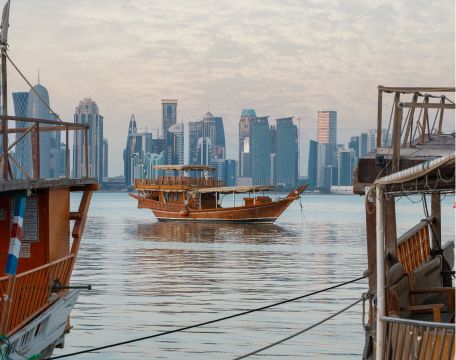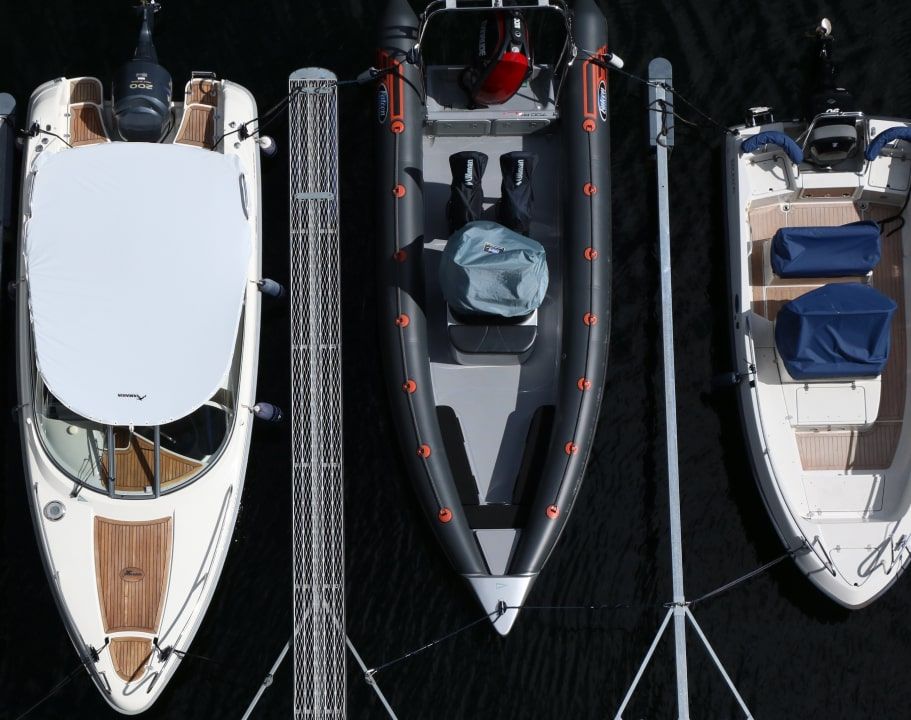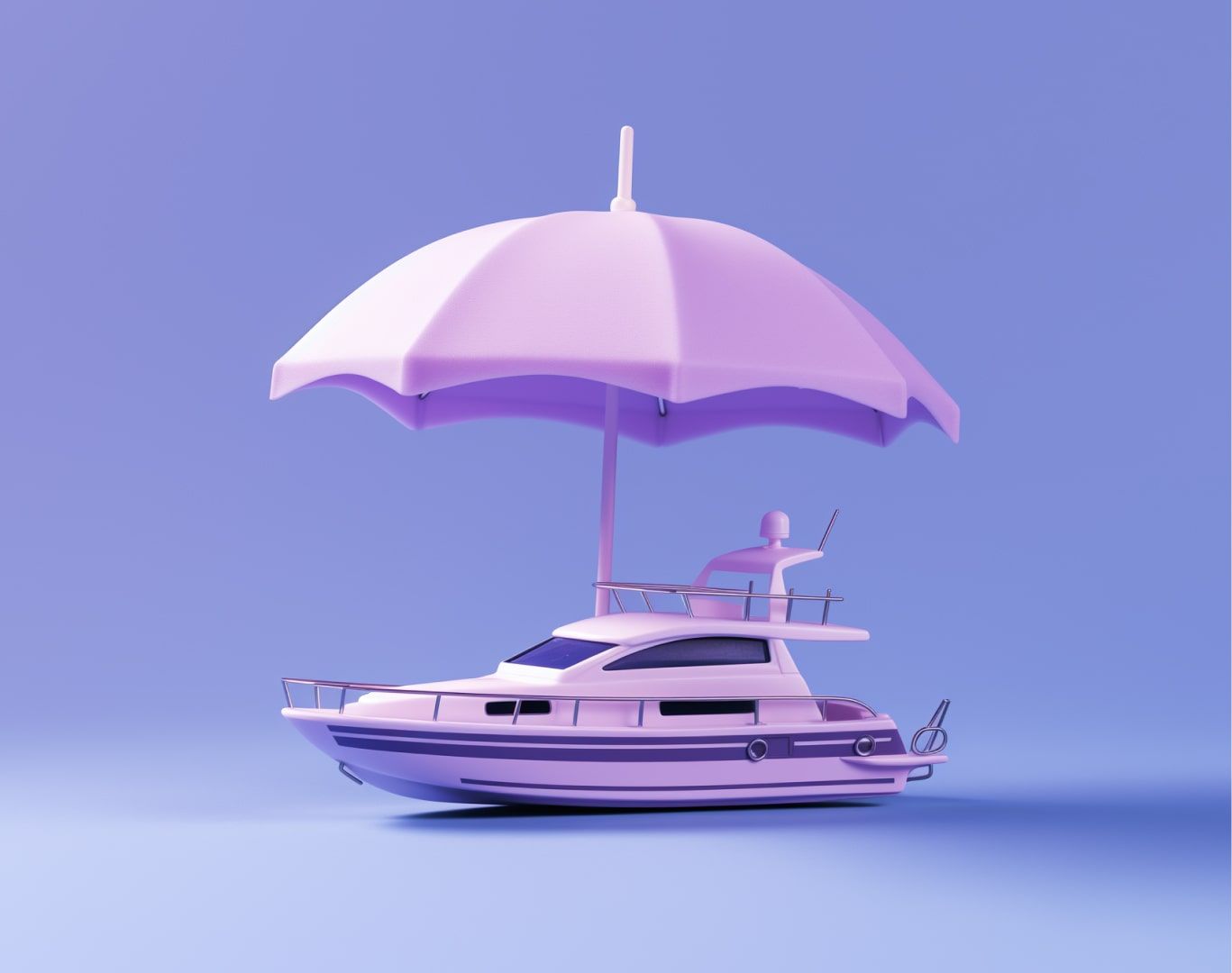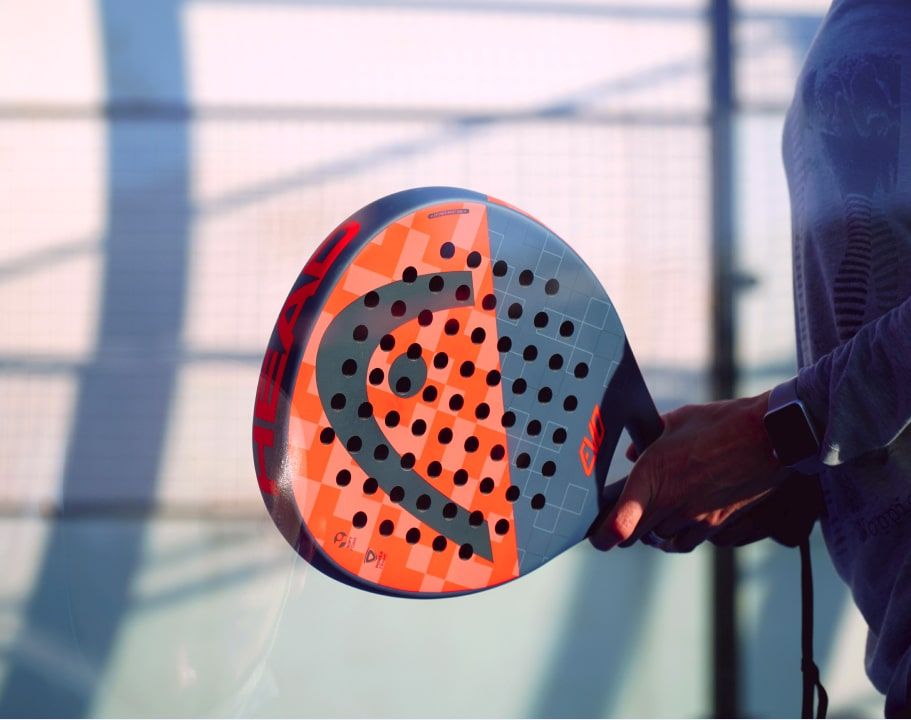Boat grilling may be one of the most fun things you can do on the water, but it also has its own set of problems. The perils are all too real when we know that the number of fire accidents on boats is rising in Qatar. This is a grave reminder that we need to be fully prepared to avoid ruining our fun grilling time with loved ones. Hopefully, by steering clear of common pitfalls, you will never have a hard time with your BBQs on the water.
Ignoring safety protocols
Mistake: Windy weather and the lack of proper ventilation make flames on grills a serious hazard.
Best practice: Secure your grill in a way that prevents it from tipping over in case the boat experiences movement. Conceptually, a propane or gas grill with a locking system is safe to use. Additionally, ensure that the surroundings are free from flammable objects. Qatar has very hot and windy weather, which means a ventilated space and a fire extinguisher are a must. Moreover, you should never leave the grill unattended.
Choosing a grill that isn’t boat-friendly
Mistake: Not every grill is boat-friendly. Most boaters make the mistake of taking a large or heavy grill that cannot be easily stabilized or cleaned on the boat.
Best practice: Buy small, transportable grills that work well at watersides. The finest material would be marine-grade stainless steel, which is resistant to rust and corrosion. The grill must be lightweight enough to be carried easily yet firm enough to withstand the movement of the boat. This minimizes wear and tear, especially in the Qatar climate, given the constant exposure to saltwater. Also, makes cleaning much easier!
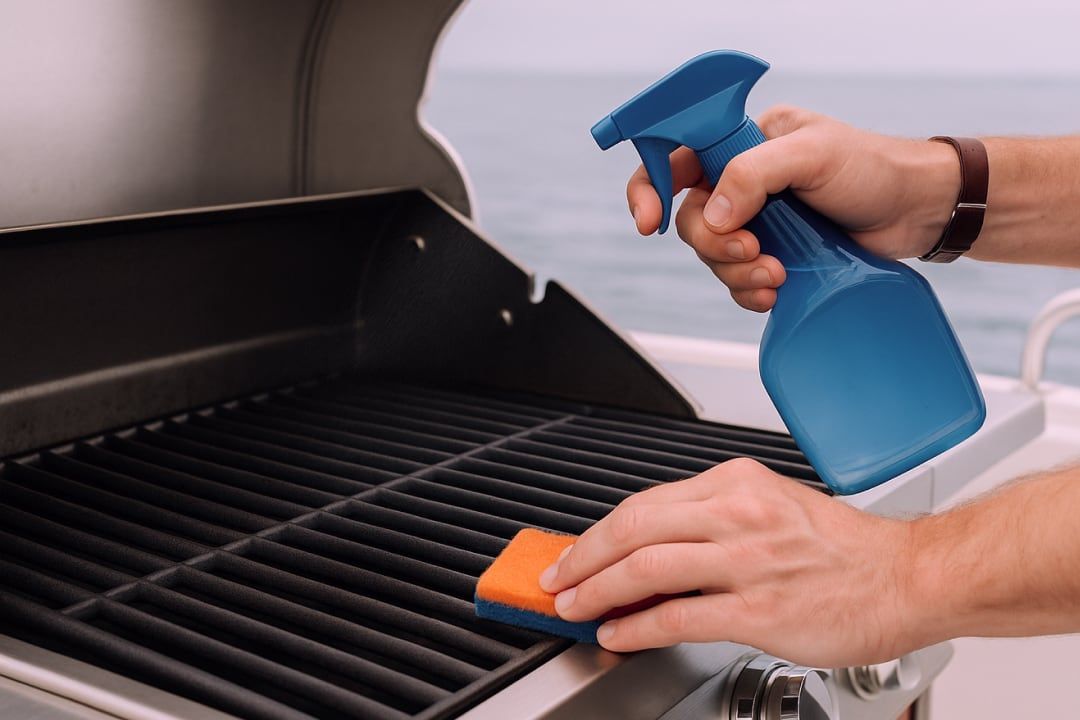
Allowing lousy ventilation
Mistake: Grilling inside an enclosed area or a tight space may result in hazardous levels of carbon monoxide, a risk that most boaters fail to consider.
Best practice: You must maintain proper ventilation to ensure that smoke and fumes can escape. If they remain trapped, you run the risk of a carbon monoxide buildup. Invest in intake and exhaust vents and consider buying a grill blower, which speeds up the burning process in a safe way.
Not following the wind direction
Mistake: The winds are strong in the coastal regions of Qatar, and thus are significant in maintaining grill temperature and safety. Most boaters do not take into consideration the direction of the wind when grilling, which can either cause the fire to flare up or blow out the grill.
Best practice: Portable, smaller grills allow you to move them around to go against the direction of the wind. Your grill should also be on the side of the boat, so it’s not directly exposed to the breeze.
Turning a blind eye to food safety
Mistake: Food safety is particularly complicated on a boat, especially when there is limited room to refrigerate. That is why many boaters avoid the hassle and hope for the best, which can have serious health consequences.
Best practice: Use airtight containers to keep your food safe and fresh. Opt for preserves and canned ingredients as they have a longer shelf life. Lastly, invest in a portable fridge or a cooler, and store your items there as soon as you arrive on the boat — exposed food could quickly go bad because of the extremely hot climate.
Neglecting to clean the grill
Mistake: Boat grills tend to be greasy and get clogged up quickly; it’s a common misconception that you should only deep clean your grill once a year.
Best practice: Clean your grill every time you use it, and deep clean it with a putty knife and degreaser at least once every couple of months. Grease and pieces of food can be brushed or scraped off using a portable grill brush or scraper.
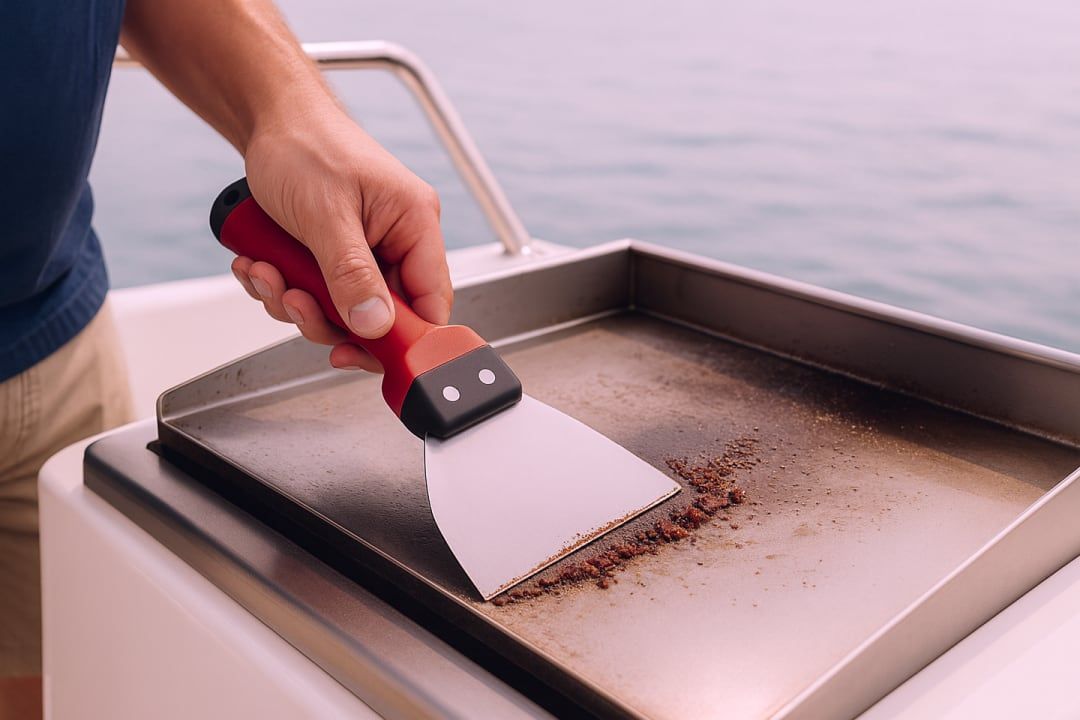
Underestimating the space you need
Mistake: Lack of adequate space to work in or use the required equipment leaves room for contamination and can even be a fire hazard.
Best practice: Have enough counter space where you can prepare and store your food. Try to keep good carry-on boards and coolers to help you stay organized. Also, buy smaller versions of grilling utensils, such as tongs, spatulas, and basting brushes, which have been adapted to work in confined spaces.
